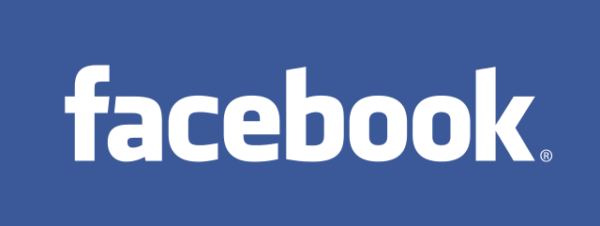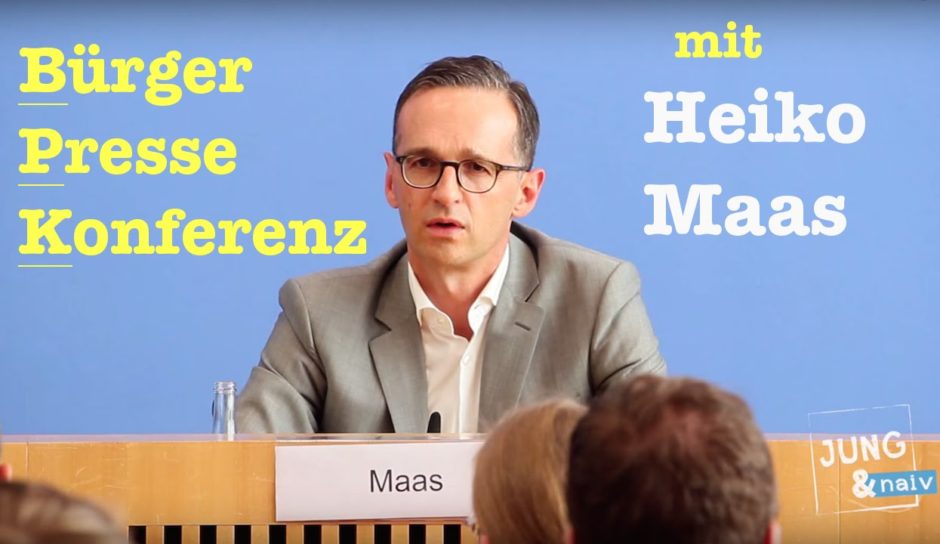Much to its credit, Germany — a nation still in the process of striving to overcome its Nazi past — has passed a law that will force social media companies to delete extremist messaging and posts on their digital platforms.
The legislation, drafted by Justice Minister Heiko Maas recently, goes into effect in October. It applies to social media sites with more than two million users and imposes fines of up to $57 million on companies that do not delete the offending material within 24 hours.

Thanks to this precedent-setting law, Twitter, Facebook and Google will have to work all the harder to eliminate illegal, racist or slanderous comments from their sites.
Human rights groups have voiced concern that the law places strict limits on free speech. But free speech does not grant a person or organization a licence to disseminate hatred, promote incitement or belittle individuals slanderously.
As Maas explained, “With this law, we put an end to the verbal law of the jungle on the Internet and protect the freedom of expression for all. We are ensuring that everyone can express their opinion freely, without being insulted or threatened. That is not a limitation, but a prerequisite for freedom of expression.”
The law will require social media companies to remove content that is already illegal and beyond the pale in Germany. For example, the swastika — a Nazi symbol inextricably linked with the persecution and mass murder of Jews — has no place in civilized German society. Nor does Holocaust denial, which, under flimsy academic guise, archly questions the deaths of six million European Jews.
One would imagine that respectable organizations like Google, Facebook and Twitter would be interested in purging their platforms of such filth. Commendably enough, Facebook has already taken the lead to do so. Two months ago, it announced it had hired an additional 3,000 employees around the world to rid its site of objectionable posts of the kind that Germany will now no longer tolerate.

Germany’s decision to cut off the flow of extremist messaging on major social media sites is a reflection of its acknowledgement that democracies are vulnerable to subversion by hate-filled radicals, be they jihadists who lust for a caliphate in the Middle East, neo-Nazis who yearn for an ethnically-cleansed, greater Germany, or fascists who demean non-whites.
There has been an upsurge of racist rants on German social media since the arrival of more than one million Muslim migrants to Germany in 2015. So it’s clear beyond any reasonable doubt that these platforms have to be cleared of insulting, demeaning and inappropriate posts.
The law that the German government has just enacted should go a long way toward resolving this vexing problem. One can only hope that other European governments will emulate Germany’s example.
